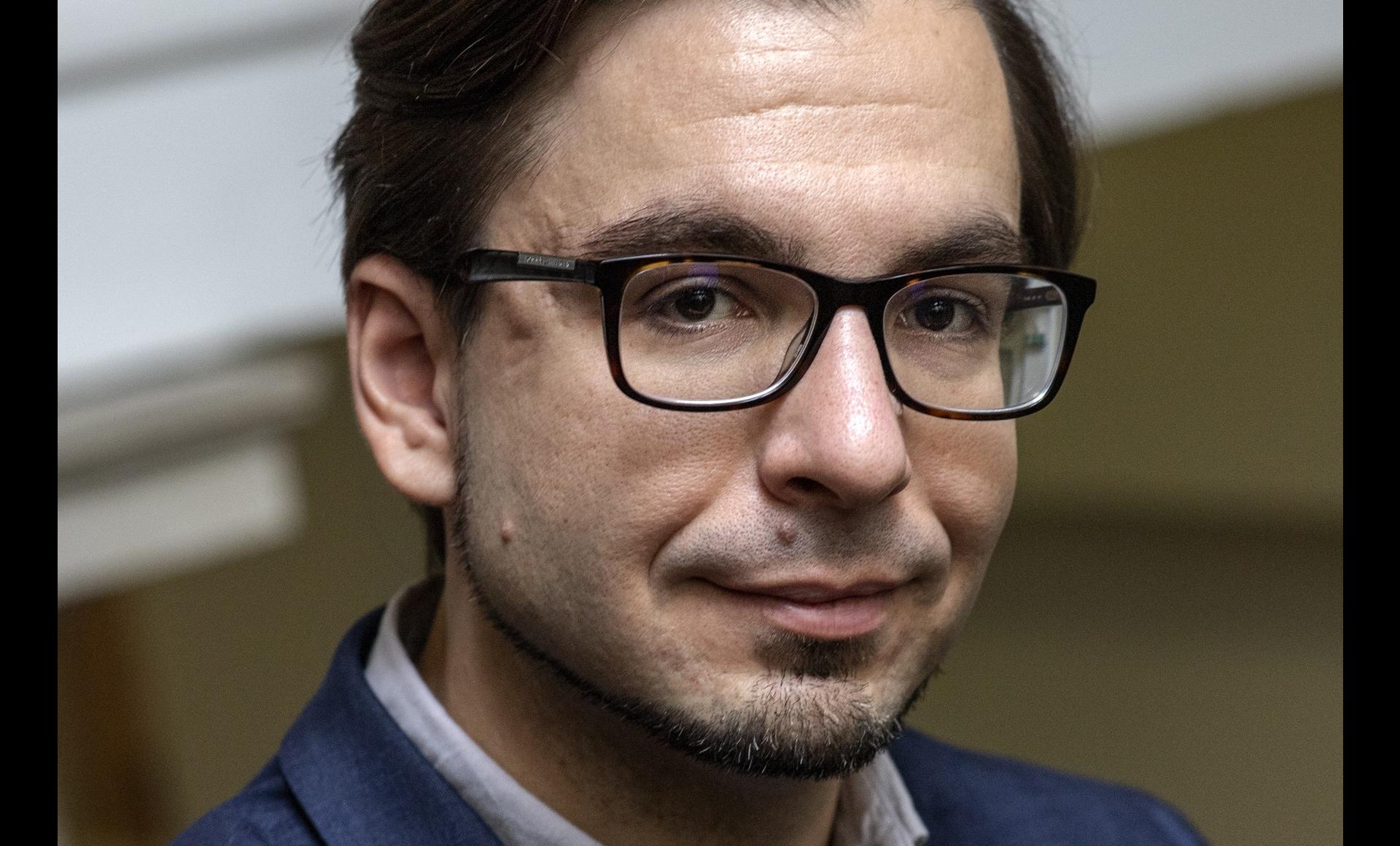
Merse Pál Szeredi has been working in the Kassák Museum since 2015. During this time, he has been responsible for organizing several major exhibitions and international conferences. The new manager of the museum aims to continue and expand the comprehensive development programme that started in 2010. He intends to further public awareness of Kassák’s work through up-to-date research into the Museum’s collection, digitization of its contents and the widest possible display of his legacy. By expanding the programme of museum events and broadening the provision of museum education, he aims to attract interest from a wider section of the public. His objective is to maintain and develop the Museum’s current approach, which is based on shared ideas, cooperation and openness.
The big project in the first half of next year will be the refurbishment of the Museum’s exhibition spaces. The refurbishment will followed by two temporary exhibitions, an exhibition presenting the connection between Eastern European neo-avant-garde performance art and poetry, and in autumn, the first in a series of exhibitions under the heading “Artistic Couples”, starting with a two people who are mainly known as members of Lajos Kassák’s family and his closest colleague, but forgotten as poets: Erzsi Újvári and Sándor Barta.
In 2022, we plan to open the Museum’s new permanent exhibition in the architecturally-refurbished space. We aim to present the complete spectrum of Lajos Kassák’s work from 1909 up to his death in 1967. In addition to his literary and artistic output, which are bound together in an inseparable whole, there will be considerable focus on Kassák’s activity as a magazine editor and movement organizer. The exhibition will present the international networks of avant-garde art and the social and political context of Kassák’s work. Through Kassák’s story, and the history of avant-garde groups in Hungary, we aim to demonstrate the aspects of free, socially-committed and critical art that remain valid and thought-provoking today.
